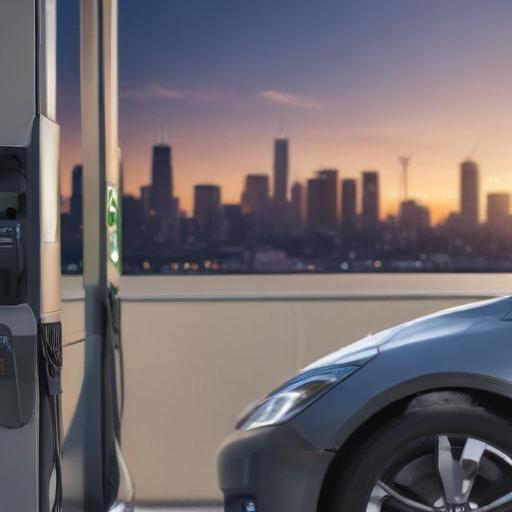Electric vehicles (EVs) are becoming increasingly popular among consumers due to their innovative technology, silent operation, and potential savings on fuel costs. However, real-world experiences can sometimes reveal challenges that accompany EV ownership—especially for individuals who rely heavily on their vehicles for business without the benefit of home charging. This was strikingly illustrated by the recent account of Dom Aspeslagh, a Tesla Model Y owner, who shared his frustrating experience in the “Tesla Owners of Phoenix” Facebook group.
In just two weeks, Aspeslagh spent over $700 on Supercharging while towing for his jet ski rental business. He described his situation, noting, “Tesla’s are cool cars, but the range of these things SUCK! I’m sure a home charger would help, but that’s not an option for me.” His comments resonate with many other EV owners who may find themselves in similar predicaments.
This highlights a significant issue: the success of electric vehicle ownership often hinges on the availability of home charging. For users like Aspeslagh, who navigate demanding driving conditions and rely on public charging stations, the costs can become prohibitively high. Supercharger rates, especially in regions such as Arizona and California, can bring costs that rival or exceed gasoline prices. A fellow commenter, Vlad Alt, pointed out the stark difference in electricity costs between home and Supercharging, emphasizing that charging at home typically allows for substantial savings.
Another user, Steve Donaldson, shared that EVs are best suited for predictable, routine use, asserting that home charging transforms the ownership experience. This perspective further underscores that the suitability of an electric car depends on individual usage patterns.
For heavy-duty users like Aspeslagh, factors such as aerodynamic drag and battery efficiency during towing can exacerbate range limitations. The demand of towing combined with harsh weather conditions can lead to significant energy consumption, further complicating the equation for EV efficiency.
Despite the challenges highlighted by Aspeslagh’s experience, it’s crucial to recognize that electric vehicles are not inherently flawed. Rather, the insights shared by users indicate that ownership experiences can greatly vary based on infrastructure arrangements and driving habits. Many owners report rewarding experiences with their EVs, especially when equipped with appropriate charging setups that allow for overnight recharging.
In essence, the growing discussions about EV ownership reveal the importance of aligning vehicle choice with personal or business needs. As the EV market continues to evolve, awareness of how charging infrastructure fits into the equation will be vital for prospective buyers. Each driver’s scenario is unique, and while not every user may benefit from the same experiences, sharing lessons could lead to more informed decisions and ultimately a more positive ownership perspective.
With the right knowledge and setup, electric vehicles can provide transformative benefits for drivers, securing their place in the future of transportation. It’s important for both new and existing EV owners to communicate their experiences and insights, creating a valuable resource for those considering the shift to electric mobility.
